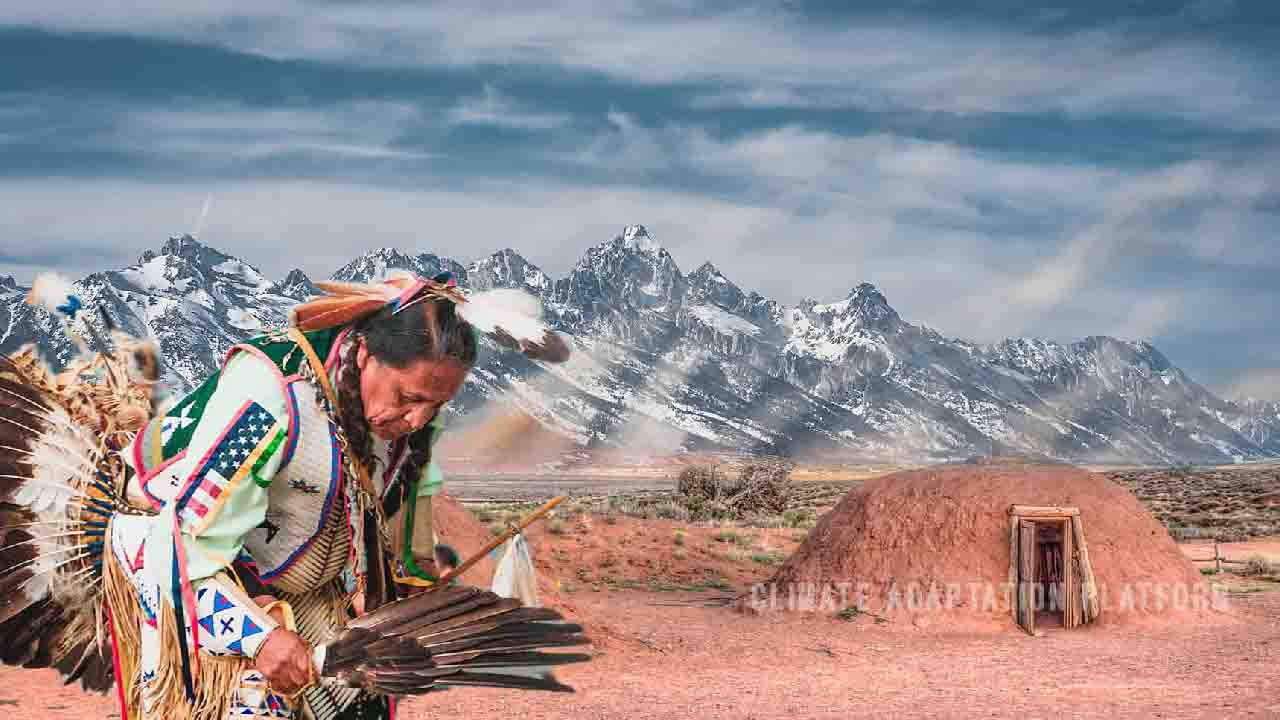Climate change is one of the most pressing challenges facing humanity today. Its impacts are felt globally, affecting ecosystems, weather patterns, and human livelihoods. While climate change is a global phenomenon, its effects are often most acutely felt by marginalized communities, including indigenous peoples who have long-standing relationships with their environments.
Indigenous communities, with their traditional knowledge and sustainable practices, play a vital role in climate change mitigation and adaptation. Their close connection to the land, water, and natural resources enables them to understand and respond to environmental changes in unique ways. Indigenous peoples’ resilience, adaptation strategies, and holistic worldview offer valuable insights and solutions to address the complex challenges posed by climate change.
First and foremost, indigenous communities possess a wealth of traditional knowledge about their ecosystems. They have accumulated knowledge and wisdom over generations, observing and understanding the intricate interconnections between different elements of their environment. This knowledge encompasses diverse areas such as agriculture, forestry, water management, biodiversity conservation, and weather prediction. By combining traditional knowledge with scientific research, indigenous communities can contribute to developing climate change adaptation and mitigation strategies that are context-specific, culturally appropriate, and effective.
Indigenous practices often emphasize sustainable resource management and conservation. These communities have traditionally relied on their natural surroundings for food, medicine, and other essential resources, and have developed sustainable practices that ensure the long-term viability of these resources. For instance, indigenous farming techniques like agroforestry and traditional seed-saving methods promote biodiversity, soil fertility, and resilience to climate extremes. By sharing and integrating these practices into broader land-use policies, indigenous communities can contribute to mitigating the negative impacts of climate change and preserving ecosystems.
Indigenous communities also act as custodians of biodiversity and ecosystems. Many indigenous territories are located in areas of high ecological significance, such as rainforests, wetlands, and coral reefs. These ecosystems are vital carbon sinks and provide numerous ecosystem services that contribute to climate regulation. Indigenous peoples’ stewardship practices, including protected areas, sacred sites, and customary land tenure systems, contribute to conserving biodiversity and maintaining the integrity of these ecosystems. By recognizing and supporting indigenous rights and territories, society can ensure the preservation of these important ecological areas and their contributions to climate change mitigation.
Furthermore, indigenous communities have demonstrated remarkable resilience and adaptive capacity in the face of environmental changes. Their ability to adapt to variable climates and extreme events is rooted in their deep understanding of local ecosystems, their traditional knowledge systems, and their flexible social institutions. Indigenous peoples have developed adaptive strategies such as diversified livelihoods, traditional ecological calendars, and community-based early warning systems. These strategies not only enhance their own resilience but can also serve as models for other communities grappling with climate change impacts.
The involvement of indigenous communities in decision-making processes is crucial for effective climate change governance. Given their intimate knowledge of the local environment and its vulnerabilities, indigenous peoples’ participation ensures that policies and actions are contextually appropriate and socially just. Recognizing the rights of indigenous peoples to self-determination and land tenure is essential for empowering them to play an active role in climate change mitigation and adaptation. Their inclusion also helps bridge the gap between traditional knowledge and scientific research, fostering collaborative approaches that integrate different ways of knowing.
However, despite their invaluable contributions, indigenous communities often face significant challenges and barriers in engaging fully in climate change responses. Historical injustices, marginalization, and the violation of their rights frequently hinder their capacity to participate effectively. Recognition and respect for indigenous rights, traditional knowledge systems, and cultural practices are fundamental in addressing these challenges and unlocking the full potential of indigenous communities in climate change mitigation and adaptation.
In conclusion, indigenous communities have a vital role to play in climate change mitigation and adaptation. Their traditional knowledge, sustainable practices, stewardship of biodiversity, and adaptive capacity offer valuable insights and solutions in addressing the complex challenges of climate change. By recognizing and supporting indigenous rights, involving them in decision-making processes, and integrating their knowledge with scientific research, we can enhance the resilience of both indigenous communities and the broader society in the face of climate change. Collaborative efforts that respect indigenous knowledge and empower indigenous communities are essential for creating a sustainable and equitable future for all.








